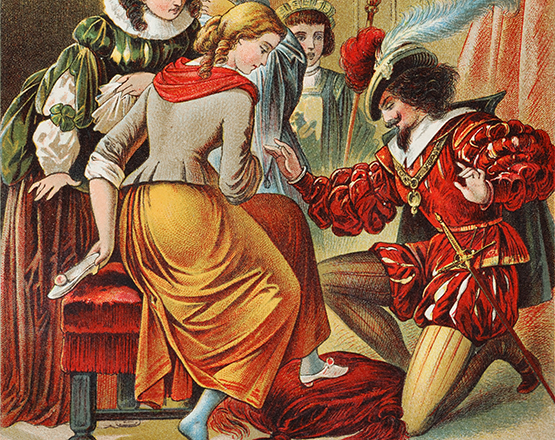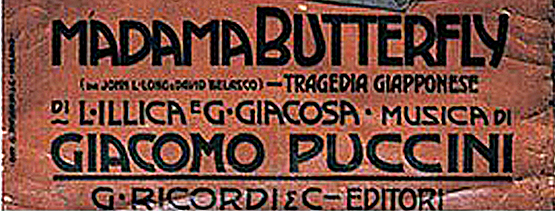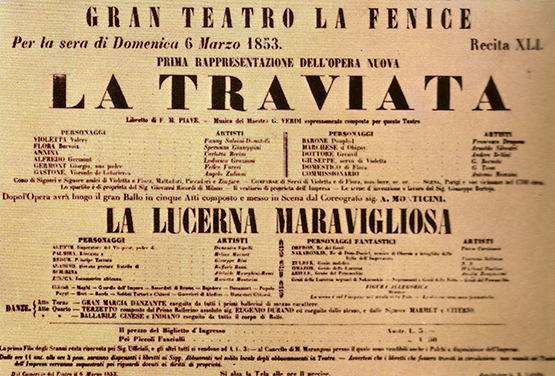El Liceu está lleno hasta la bandera. Iluminado, la gente viste de gala. Rumores bajos en el foyer, quizás dos copas de champán que brindan discretamente, risas civilizadas en el Salón de los Espejos. No es noche de estreno de ópera, y aunque la Barcelona burguesa sigue luciéndose aquí, hoy no veremos grandes coros ni enormes decorados. “El viaje de invierno!, la triste colección de lieder de Schubert, es el plato principal. Y su chef es Jonas Kaufmann, tenor de Munich, casi barítono, el mejor de su generación. Voz poderosa y oscura para un ciclo de lieder intenso y desesperanzado.
Mientras paseo antes del concierto, un busto de Rossini me provoca un pavloviano pinchazo en el estómago. Es entonces cuando caigo que la música clásica y la comida están estrechamente relacionadas, y me vienen a la cabeza las curiosas relaciones entre música clásica y gastronomía:
1. Rossini. El gran glotón. Se cuentan muchas anécdotas –posiblemente, falsas- de su amor por la comida, como que escribió el aria “Di tanti palpiti” de “Tancredi” mientras se preparaba un rissotto. También, que era un buen amigo de Câreme, el gastrónomo; que en la obra de Escoffier existen numerosos platos dedicados a él (los más conecidos, los tournedos y los canelones) y que colaba referencias golosas en sus obras, como en la “Cenerentola”, en la que Don Magnífico canta:
Saro zeppo e contornato
memorie di e petizioni
galline di e di storioni
bottiglie di di broccati
candele di e marinati
ciambelle di e pasticcetti
canditi di e di confeti
piastroni di, di dobloni
di vaniglia e di caffé.
(Voy a tener muchos
recuerdos y peticiones
de gallinas y esturiones
de botellas y brocados
de velas y escabeches
de bollos y pasteles
de frutas y dulces
de placas y doblones
de vainilla y café).
2. El vino. El mosto fermentado es protagonista de varios fragmentos, y la embriaguez sirve de tema para tantos otros. Desde el brindis de “La Traviata” –a la sazón, quizás uno de los fragmentos líricos más conocidos, alegre y pegadizo como un vals- hasta el “Viva el vino spumeggiante” de Cavalleria Rusticana, similarmente joyoso pero claramente más populachero, pasando por el género chico, “Chateaux Margaux”, de Fernández Caballero, una zarzuela que gira entorno a una borrachera de este mítico vino.
3. La cerveza y los cócteles. Otras culturas, otras bebidas. El vino puede ser el rey gracias a la preeminencia de Italia y Alemania en la música culta, pero el bebercio ha inspirado otras efusiones. La cerveza da pie a un pasaje de “La novia robada” de Smetana (que para eso es el compositor nacional checo, donde hay el mayor consumo per cápita del mundo), e incluso hay una ópera que menciona los cócteles. Se trata de “Madama Butterfly”, en la que se ofrece al protagonista un whisky o un milk punch, un cóctel de Nueva Orleans documentado ya en 1634 y que consiste en brandy, bourbon, azucar y vainilla.
4. Norma. La ópera de Bellini es, en teoría, el origen del nombre de este plato de pasta de Catania, con berenjenas y ricotta salada.
5. Melba. Los melocotones Melba, un postre old school creación de Escoffier habrían sido dedicados a la soprano australiana Nellie Melba cuando visitó Londres para cantar “Loenghrin”, a finales del siglo XIX. Su nombre también lo llevan las clásicas tostadas secas de aperitivo.
6. Desayunos. Una pequeña pieza de Mozart se llama “La tostada con mantequilla”, y al oírla, es imposible no visualizar un cuchillo pasando por el pan tostado. Bach, todo racionalidad, se decidió por el café como motivo de una de sus cantatas. Si queréis huevos, podéis cocinarlos a la Bizet (en cocotte, con lengua encurtida y corazones de alcachofa) o a la Berlioz (pasados por agua, con patatas a la duchesse, trufa y salsa de Madeira).
BONUS TRACK. CODA Y FINALE
Escuchando “El viaje de Invierno” se me pasará el hambre de comida. Yo aún no sé que existe un libro llamado “Die Oper kocht” en el que grandes nombres de la lírica cuentan sus recetas familiares (la de Jonas Kaufmann es de pasta con calabaza y mascarpone). O que, azares de la vida, me encontraré al cantante una mañana en el aeropuerto de Atenas y, lejos de poder decirle lo bello y conmovedor que ha sido el recital, me comportaré como una fan de Justin Bieber cuarentona y me fallarán las palabras. Porque cuando la música nos alimenta, el silencio se vuelve aún más profundo. Como el que se hace al sonar la última nota del piano, justo antes de que el Liceu estalle en una larguísima y cerrada ovación.
Al preparar este artículo se nos ha hecho la boca agua con:







28 Comentarios